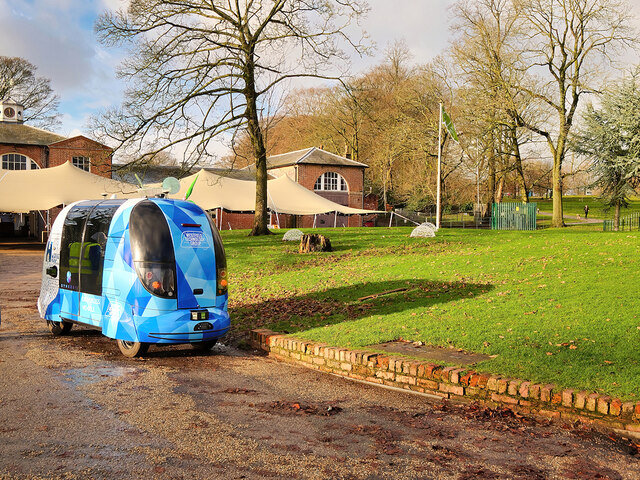Elon Musk confirms Tesla is overpriced
As Tesla’s share price has begun to fall towards a more natural level of valuation, I heard Elon Musk justifying a higher share price on the basis that investors “have to believe Tesla is going to solve autonomous vehicles”. It made me laugh, because if he is right, (and I think he is), then almost every car company is overvalued now, including Tesla.
In the future world where almost all car travel is autonomous then we need far fewer cars. No-one knows how many, but estimates are around 20% of current levels. This future will be amazing; huge productivity gains, much cheaper transport, lower CO2 emissions and air pollution, car parks replaced by productive uses, streets open for people again, eliminate traffic jams, fewer deaths from dangerous/careless driving, no more boring conversations about parking, etc. It is also going to decimate the car market and take a lot of jobs.
Arguing against this, you might say that there are still whole swathes of the developing world that have huge growth potential for car. Autonomous vehicles (AVs) will also steal share from buses and trains. You could even argue that once Tesla etc. are not just sellers of cars, but providers of mobility, operating fleets, they can increase profits. I don’t think this changes things much; the developing world does have big opportunities for growth, but they are likely to shortcut to AVs even quicker than the developed world. Cars already account for around 80% of road miles in the UK, so there isn’t much mode share they can steal. Worse, you can assume e-scooters and the like are going to take some share of shorter journeys.
Even when you promote yourself as a provider of mobility, why would margins be high? It will have to be an open market with an operating standard that is interoperable. Once any manufacturer/operator with a compliant vehicle can enter the market, margins will have to be reasonably tight with brutal competition for cheaper AVs, increasingly resembling golf buggies.
The UK’s Forked Tongue
What interests me a lot is the way our government is responding to this. The UK government has an Autonomous Vehicle Act that sets out the legal structure for AVs, we all pay for the Centre for Connected and Autonomous Vehicles which claims AVs will be on our road as a standard thing in a couple of years. The government wants us to be a world leader, of course.
There is huge uncertainty with how this is going to go; public acceptance, huge vested interests, the rate of progress of AV protocols/standards, progress on local and national regulation, etc. Still, we need to have a central scenario on what we think is going to happen and plan accordingly. What we are doing now is simultaneously boldly proclaiming their arrival whilst having policies that act like they are unlikely or far-off.
I have worked with quite a few cities on their energy/net zero plans, on major masterplans for new development or regeneration and not one has a plan or even discussion for how AVs will be incorporated. New development Planning policy never mentions the issue. In fact, most government at a regional/local level seems vaguely hostile to AVs. Often, the sentiment is that AVs have a role but they don’t make a big difference. Crazy!
I think deep down the nervousness around AVs is down to just how utterly revolutionary they are. We could see a huge decline in public transport in most places in less than a decade. We are in an era of increased investment in intra-city transport; trams, rail, bus segregation, etc. In its 2023, report the National Infrastructure Commission (NIC) focused on intra-city transport investment as a priority. God knows public transport has needed investment, but AVs could make it almost worthless. What if AVs make most bus companies bankrupt and intra-city rail unviable? It will be these local and regional government bodies that will be left with the responsibility of managing their painful decline and expensive closure as operators walk away.
In a nutshell, the problem is that these revolutions hugely benefit the public overall, but the government is left with dealing with the job losses, the sunk cost on infrastructure, etc. (We already see the foot-dragging on getting e-scooters legalised, partly for similar reasons.) This tension about how technology could revolutionise sectors, improving productivity, but crashing established sectors is at the heart of many problems in our country. Education, the energy sector and employment contracts are other examples, but do you want to be the minister who explains that a lot of our gas network is now a decommissioning job? Or the one that writes the next Beeching Report?
To repeat, the change to autonomous vehicles will be amazing with so many environmental, social and economic benefits, it is hard to know where to start. How fast it happens is uncertain, that it will happen is not. We need a government brave enough to prepare for that properly and a public willing to discuss it.


Leave a Reply